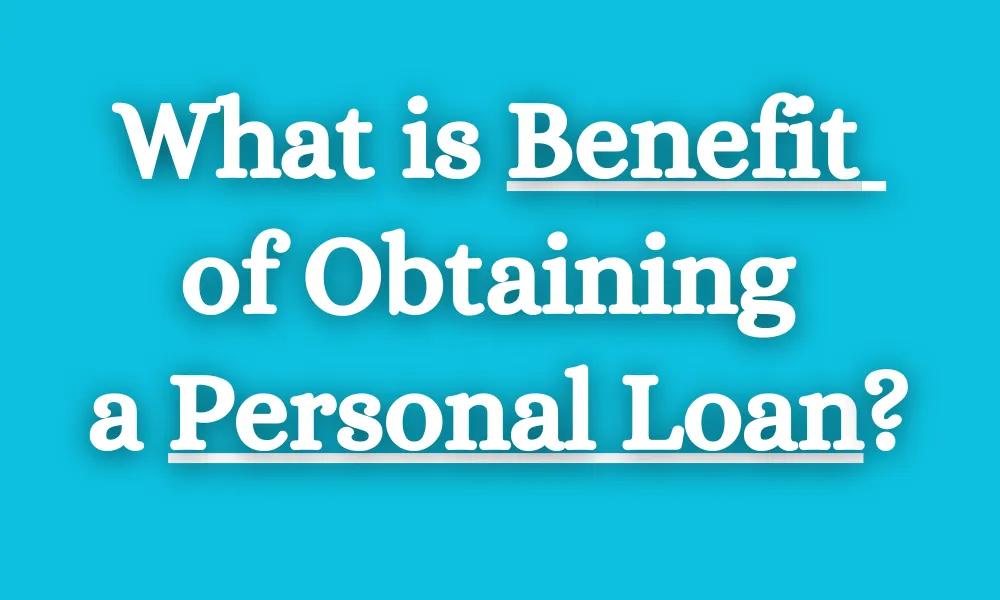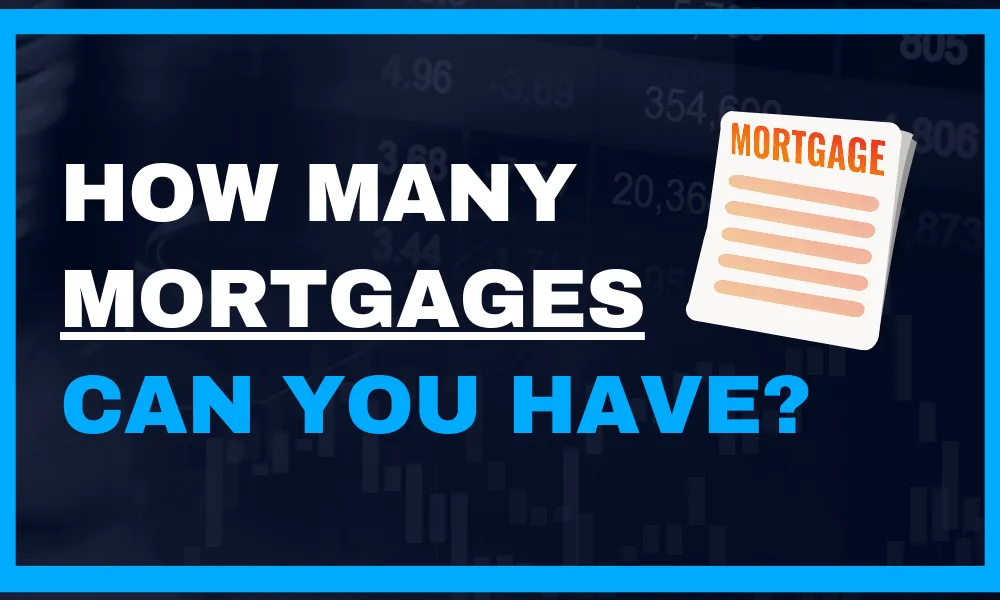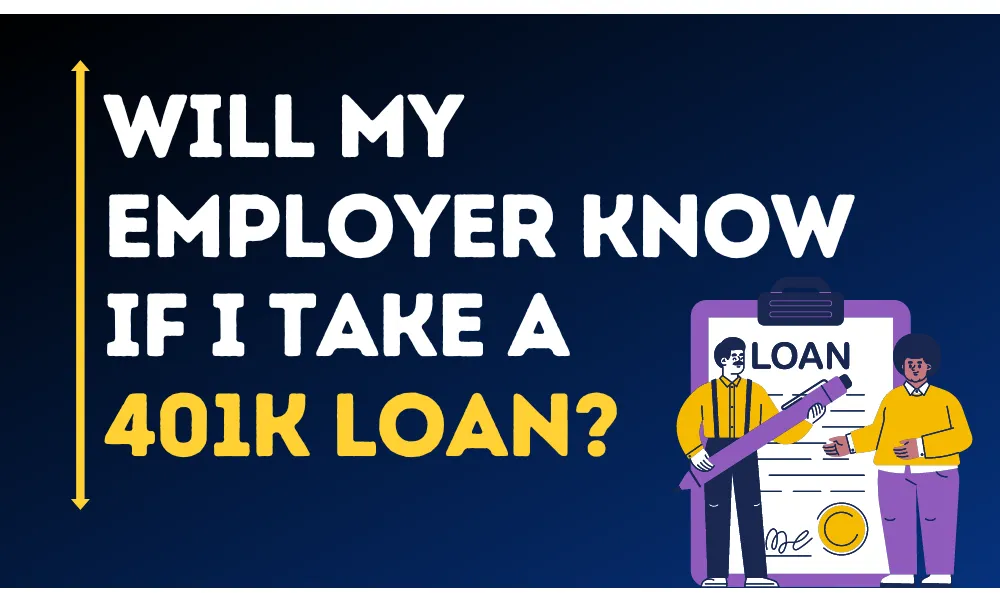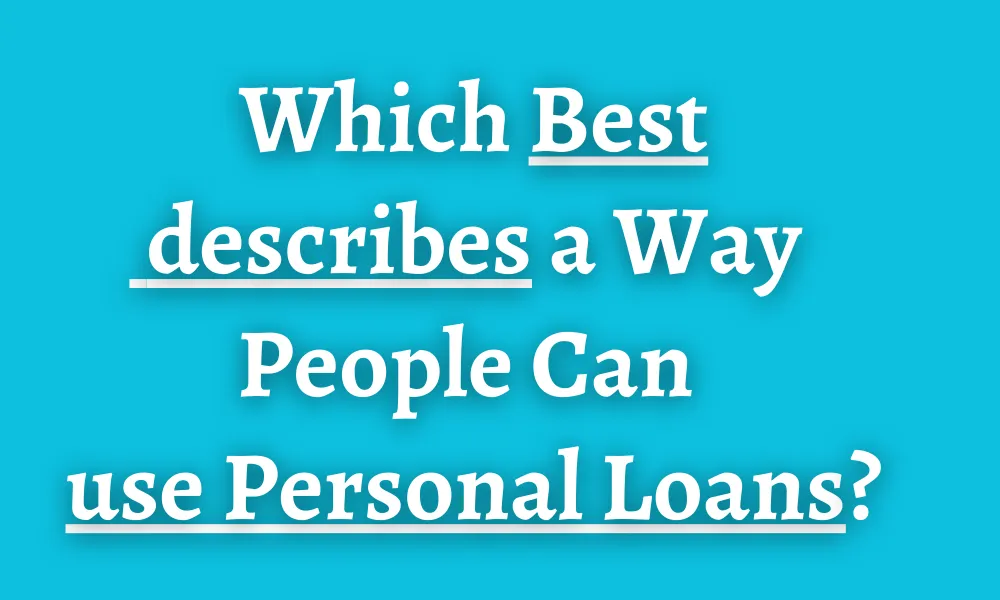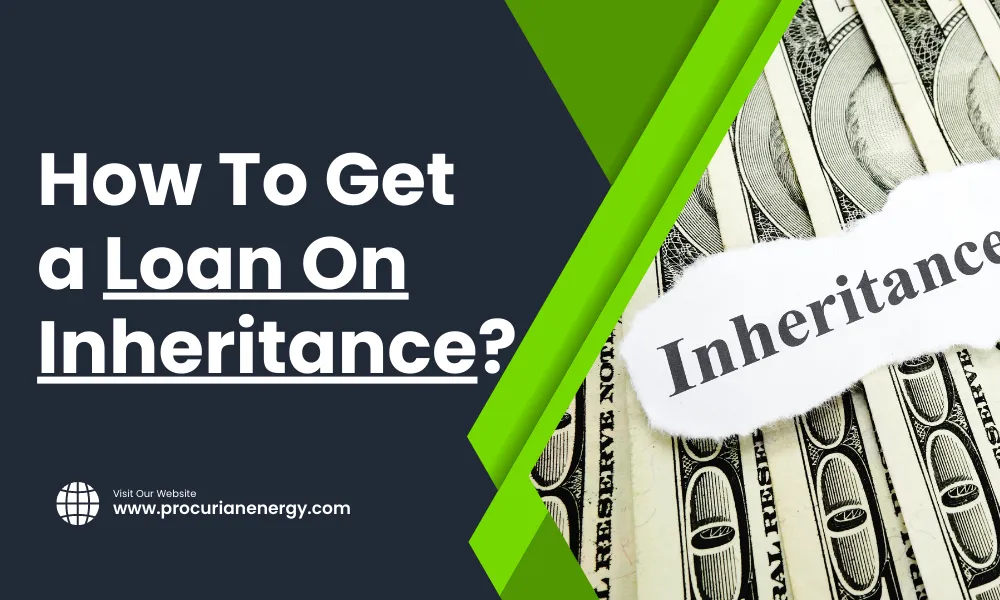Securing a home loan can be a daunting task, especially if you have experienced an eviction in the past.
However, if you’re considering an FHA loan, there may still be hope.
In this blog post, we will delve into the requirements for FHA loans, discuss the impact of evictions on loan eligibility, explore exceptions and mitigating factors, provide strategies to rebuild credit and rental history and suggest alternative loan options.
Let’s explore whether you can obtain an FHA loan with an eviction on your record.
What is a FHA Loan?
An FHA loan is a mortgage loan insured by the Federal Housing Administration (FHA).
It is designed to help individuals with lower credit scores and limited down payment funds to become homeowners.
What are FHA Loan Requirements?
To comprehend the potential for obtaining an FHA loan after an eviction, it’s crucial to understand the general eligibility criteria.
FHA loans are backed by the Federal Housing Administration and are designed to assist individuals with low to moderate incomes in becoming homeowners.
Here are some basic FHA loan requirements:
| Requirement | Description |
|---|---|
| Credit Score | Minimum credit score of 500-580 (varies by lender). A higher score may qualify you for a lower down payment requirement. |
| Down Payment | Minimum down payment of 3.5% of the purchase price. Some lenders may require a higher down payment for lower credit scores. |
| Employment History | Generally, two years of consistent employment, with stable or increasing income. Exceptions may be made for certain situations. |
| Debt-to-Income Ratio | Maximum DTI ratio of 43% (including housing expenses) but can be higher in some cases with compensating factors. |
| Property Requirements | The property must meet certain safety and livability standards, and it must be the primary residence of the borrower. |
| Mortgage Insurance | FHA loans require both an upfront mortgage insurance premium (MIP) and an annual MIP. |
| Bankruptcy / Foreclosure | Generally, a waiting period of two years after bankruptcy discharge and three years after foreclosure. |
| Citizenship / Residency | Borrowers must be U.S. citizens or have lawful permanent residency. Non-permanent residents may be eligible in some cases. |
| Loan Limits | FHA loan limits vary by location. Check the maximum loan amount allowed in your area. |
Can I get an FHA Loan with an eviction?
Obtaining an FHA loan with an eviction on your record may be challenging, as FHA lenders typically have strict guidelines regarding credit history and rental background.
Lenders may be concerned if a borrower has a history of evictions since it may be a sign of problems with payment dependability or property damage.
Although, the final decision regarding your eligibility for an FHA loan depends on the lender’s specific underwriting criteria and their evaluation of your overall financial situation.
It’s recommended to reach out to multiple FHA-approved lenders and discuss your circumstances with them.
How to get a house with an eviction on your record?
Having an eviction on your record can present challenges when trying to secure a new house, but it doesn’t necessarily mean it’s impossible. Here are some steps you can take to increase your chances of getting a house with an eviction on your record:
- Assess your situation – Understand the details of your eviction and the reasons behind it. This will help you address any concerns that potential landlords may have.
- Be honest and upfront – When applying for a new house, be honest about your eviction. Landlords may find out about it during background checks, so it’s better to disclose the information upfront.
- Provide references – Collect positive references from previous landlords, employers, or other reputable individuals who can vouch for your reliability and responsibility.
- Offer a higher security deposit – To alleviate concerns, consider offering a larger security deposit. This demonstrates your commitment and provides assurance to the landlord.
- Find a co-signer – If possible, find a trusted person with good credit and rental history who is willing to co-sign the lease. This person will be responsible for the rent if you fail to pay.
- Seek private landlords or sublet opportunities – Private landlords may be more flexible than larger property management companies. Additionally, subletting or renting a room in someone’s home may be more lenient regarding past evictions.
- Improve your credit score – Work on improving your credit score to demonstrate financial responsibility. Pay bills on time, reduce debt, and address any outstanding issues.
- Offer to pay rent in advance – If financially feasible, offer to pay several months’ rent in advance to show your commitment and financial stability.
How to get an eviction removed from your record?
Removing an eviction from your record typically involves taking certain steps:
- Verify accuracy – Review the eviction record for any errors or inaccuracies.
- Negotiate with landlord – Contact your former landlord to discuss the possibility of removing the eviction, perhaps by paying any outstanding debts or reaching an agreement.
- Expungement or sealing – Research local laws to determine if you qualify for expungement or sealing of eviction records. This option is available in some jurisdictions for certain situations.
- Legal assistance – Seek legal advice from an attorney specializing in housing law. They can guide you on the specific steps to take based on your circumstances.
- Rebuild rental history- Establish a positive rental history by paying rent on time, maintaining good communication with landlords and being a responsible tenant moving forward.
How long after an eviction can i get a mortgage?
There is no specific timeframe for when you can get a mortgage after an eviction.
Generally, it is advisable to wait at least for 12 months after an eviction to improve your credit score, demonstrate responsible financial behavior and rebuild your credibility with lenders.
During this time, focus on:
- paying bills on time,
- reducing debt, and
- saving for a down payment.
How does an eviction affect future renting?
An eviction can have a significant impact on future renting prospects.
When applying for a new rental, landlords typically conduct background checks including eviction records.
Having an eviction on your record raises red flags and makes it harder to secure a new lease.
Landlords may perceive you as a higher risk tenant, leading to rejections or stricter requirements such as higher security deposits or co-signers.
Are there any alternative loan options if I can’t qualify for an FHA loan due to an eviction?
If you’re unable to qualify for an FHA loan, you might explore other loan programs or consider working with specialized lenders who have more flexible underwriting criteria. Some alternative options are:
- conventional loans,
- USDA loans or
- VA loans if you’re a qualified veteran or active-duty service member.
FAQs
Can I get an FHA loan with an eviction on my record?
Having an eviction on your record can make it more challenging to qualify for an FHA loan. But, it doesn’t automatically disqualify you.
How does an eviction affect my eligibility for an FHA loan?
An eviction can raise concerns for lenders as it indicates a history of not meeting your rental obligations. Lenders evaluate your creditworthiness and ability to make timely mortgage payments
Are there any specific timeframes or waiting periods after an eviction before I can apply for an FHA loan?
The FHA does not have specific waiting periods after an eviction.
What can I do to improve my chances of getting an FHA loan with an eviction?
Building a positive credit history, maintaining stable employment and demonstrating responsible financial behavior are important to improve your chances of getting an FHA loan with an eviction
Can I appeal to the FHA regarding my eviction and loan eligibility?
The FHA does not have a specific appeal process for evictions.
Conclusion
While obtaining an FHA loan with an eviction on your record may pose challenges, it’s not an insurmountable hurdle.
By understanding FHA loan requirements, exploring exceptions and mitigating factors, rebuilding credit and rental history.
Considering alternative loan options and seeking professional guidance, you can improve your chances of securing a loan.
Remember, proactive steps and determination can go a long way in realizing your dream of homeownership.
